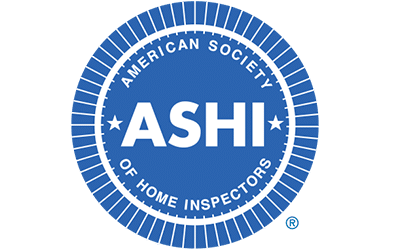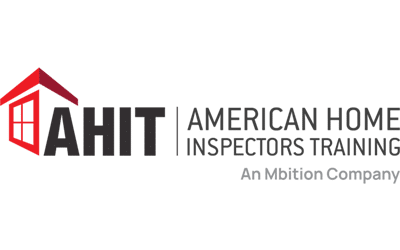2024 Fall Home Maintenance Checklist
It may still be warm outside, but it’s the perfect time to start preparing your home for the colder months ahead. Fall is more than just pumpkin spice and sweaters; it’s an opportunity to make sure your home is warm, safe, and energy-efficient throughout the season. To help you get started, we’ve put together a checklist of fall home maintenance tasks. Trust us, a little effort now will go a long way in preventing expensive repairs down the road!
Clean Out Your Gutters
Falling leaves are a beautiful sight, but not at the expense of your gutters. Blocked gutters can lead to water damage, mold, and foundation issues. Make sure to clean your gutters regularly throughout the season, removing leaves, twigs, and any other debris that may have built up. If you’re not comfortable doing this yourself, consider hiring a professional.
While you’re at it, check for signs of gutter damage, such as rust spots or sagging sections, which could indicate it’s time for a replacement. This guide from This Old House offers step-by-step instructions on cleaning your gutters safely.
Seal Up Drafts
Drafty windows and doors can make your home feel like a wind tunnel, driving up your heating costs. Inspect your home for drafts by feeling around windows, doors, and any other openings. Use weatherstripping or caulk to seal gaps and keep the warm air in and the cold air out.
Don’t forget to check areas you might not think of, like your attic hatch, basement windows, and even electrical outlets on exterior walls. The U.S. Department of Energy has a helpful guide on detecting air leaks that includes some lesser-known spots to check.
Test Your Heating System
Before the temperatures drop too low, ensure your heating system is in top shape. Turn on your furnace or heating system and listen for any unusual noises. Check your thermostat to ensure it’s working correctly and replace the batteries if needed. It’s also a good idea to schedule a professional HVAC inspection to catch any potential issues early on.
Remember to replace or clean your furnace filters. A dirty filter can reduce your system’s efficiency, increase your energy bills, and even pose a fire hazard. According to the Environmental Protection Agency, replacing filters regularly can significantly improve your home’s air quality.
Inspect and Clean Your Fireplace and Chimney
If you’re lucky enough to have a fireplace, now’s the time to make sure it’s ready for those cozy nights by the fire. Have your chimney inspected and cleaned by a professional to remove creosote buildup, which can be a serious fire hazard. Also, check that your fireplace damper opens, closes, and seals properly.
While you’re at it, test your smoke and carbon monoxide detectors to ensure they are functioning properly. It’s recommended to change the batteries at least once a year.
Protect Your Pipes from Freezing
Frozen pipes can burst, causing thousands of dollars in damage. To prevent this, insulate any exposed pipes in your attic, basement, or crawl spaces. Disconnect and drain outdoor hoses and shut off exterior faucets. You can also consider installing pipe insulation or using heat tape for extra protection. During particularly cold nights, let a small trickle of water run from your faucets. Running water, even at a slow rate, can help prevent your pipes from freezing.
Prepare Your Lawn and Garden
Don’t forget your outdoor spaces! Rake and remove leaves from your lawn to prevent mold growth and allow grass to breathe. Trim back any bushes or trees that could cause damage during winter storms. Additionally, consider aerating your lawn and applying a fall fertilizer to encourage deep root growth before winter sets in.
Fall is also the perfect time to plant bulbs like tulips and daffodils, which will bloom beautifully in the spring. Check out the Farmer’s Almanac for a comprehensive guide on fall gardening.
Check Your Roof for Damage
Your roof is your home’s first line of defense against the elements, so it’s crucial to keep it in good shape. Use binoculars to check for missing, damaged, or curled shingles. Look for any signs of wear around chimneys, skylights, and vents. If you spot any issues, consider bringing in a professional to assess the damage.
Don’t forget to inspect your attic for any signs of leaks or water damage. If you notice any water stains, mold, or dampness, you might have a leak that needs immediate attention.
By taking care of these tasks now, you’ll save yourself from potential headaches (and wallet aches) down the line. Plus, you’ll be able to enjoy the season with peace of mind, knowing your home is in great shape.
Have any tips or tricks of your own? Share them with us! And remember, if you ever need a professional eye on your home’s condition, don’t hesitate to reach out to the experts at Residential Inspector of America. We’re here to help keep your home safe and sound, no matter the season.




